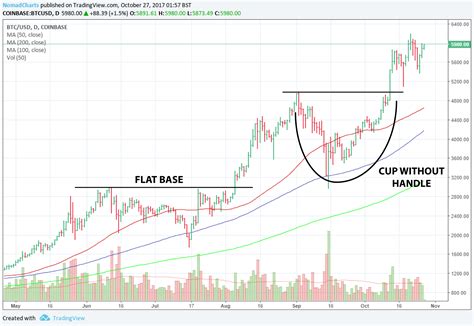Understanding Bitcoin and Why Bitcoin Prices Are So High

Bitcoin is a digital currency that has been around since 2009. It was created by an anonymous person or group of people known as Satoshi Nakamoto, and it has become one of the most popular forms of payment in the world. Bitcoin is not controlled by any government or central bank, which makes it attractive to many users who want to remain anonymous while making transactions.
The price of Bitcoin is determined by supply and demand on exchanges, just like stocks and other commodities. When more people buy Bitcoin, its price goes up; when fewer people buy it, its price goes down. The current high prices of Bitcoin are due to several factors, including increased demand from investors, speculation, and limited supply.
Investors have been drawn to Bitcoin because of its potential for growth. Many believe that Bitcoin could eventually replace traditional currencies, such as the US dollar, as the primary form of money used worldwide. This belief has caused some investors to purchase large amounts of Bitcoin, driving up its price.
Speculation also plays a role in the high price of Bitcoin. Some investors speculate that the price of Bitcoin will continue to rise, so they buy it in hopes of profiting from future gains. This type of trading can be risky, however, as there is no guarantee that the price of Bitcoin will go up.
Finally, the limited supply of Bitcoin contributes to its high price. There are only 21 million Bitcoins in existence, and this number cannot be increased. As more people use Bitcoin, the demand increases but the supply remains the same, causing the price to increase.
Understanding Bitcoin and why its prices are so high requires knowledge of economics, finance, and technology. While the concept of Bitcoin may seem complicated at first, it is actually quite simple. By understanding how Bitcoin works and why its prices are so high, you can make informed decisions about whether or not to invest in it.
